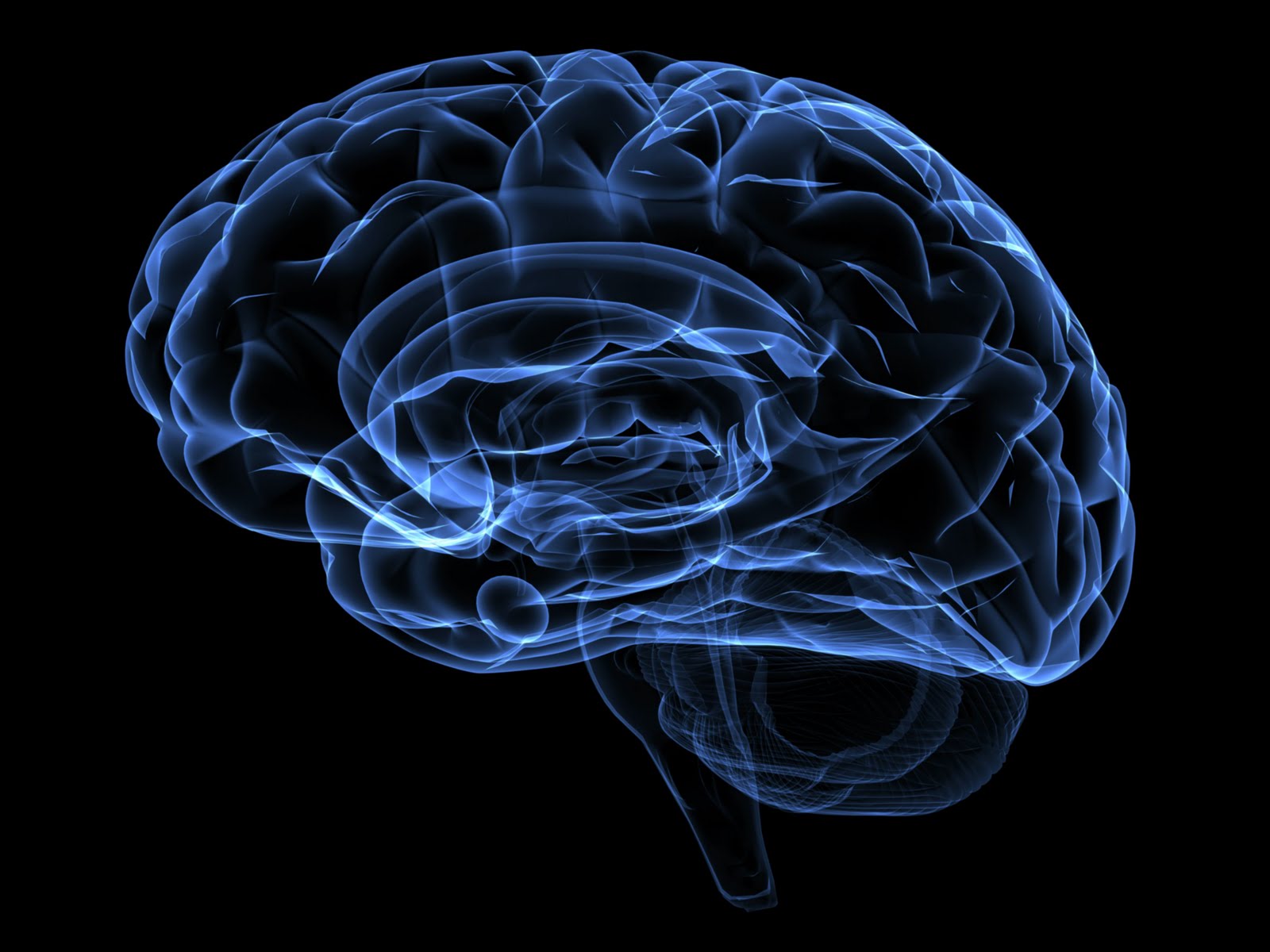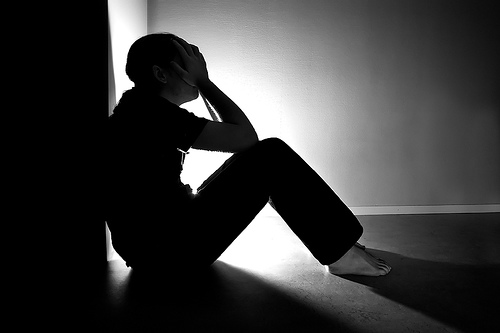
Maintenance Electroconvulsive Therapy in Treatment-Resistant Schizophrenia
July 3, 2012Animal Models of Anhedonia - Dissertation submitted in partial fulfilment for the degree of Doctor of Medicine and Surgery, University of Malta
Introduction
Anhedonia is the inability to experience pleasure in daily activities for any significant period of time. Anhedonia is one of the two core symptoms of human depression and has also been implicated in schizophrenia. The concept of anhedonia was discovered as early as the 1890’s. In fact the term anhedonia was introduced and coined by T. Ribot, a French psychologist, in 1896. Quoting from an English translation of his work he wrote: “Anhedonia, if I may coin a counter-designation to analgesia, has been very little studied but it exists. I need not say that the employment of anaesthetics suppresses at the same time pain and its contrary but there are cases of insensibility to pleasure alone. Apart from cases of profound melancholy, where the individual is untouched by the slightest impulse of joy, there are cases of anhedonia which seem simpler and clearer. Antoine Cros mentions a case of a young girl suffering from congestion of the liver and spleen which, of course altered the state of her blood and thus for a time modified her constitution. Her moral character was greatly altered. She ceased to feel any affection for her father and mother. She would play with her doll but could not be brought to show any delight in it. She could not be drawn out of her apathetic sadness. Things which previously made her shriek with laughter now left her uninterested. Her temper changed, becoming capricious and violent”.
Ribot also quoted a case of a man who also suffered from a liver complaint: “All affection in him seemed dead. He showed neither perversion nor violence but there was complete absence of emotive reaction. If he went to the theatre (as he continued to do from force of habit) he could find no pleasure there. Thoughts of his house, his home, his wife, his absent children, affected him no more than a theorem of Euclid”
It is clear from these statements that Ribot’s anhedonia is a wider concept than loss of pleasure alone. It encompasses the loss of all emotional response. In his influential work on psychopathology Jaspers emphasised the wider concept before narrowing down to the more specific state of loss of pleasure response: “The feeling of having lost feeling is a remarkable phenomenon. It appears in certain personality disorders, in depressives….patients complain that they no longer feel gladness or pain, that they no longer love their relatives….they feel indifferent to everything….food does not gratify them…..all ‘joie de vivre’ has left them”


1 Comment
This is an informative post. Got a lot of info and details from here. Thank you for sharing this and looking forward to reading more of your post.
suicidal thoughts